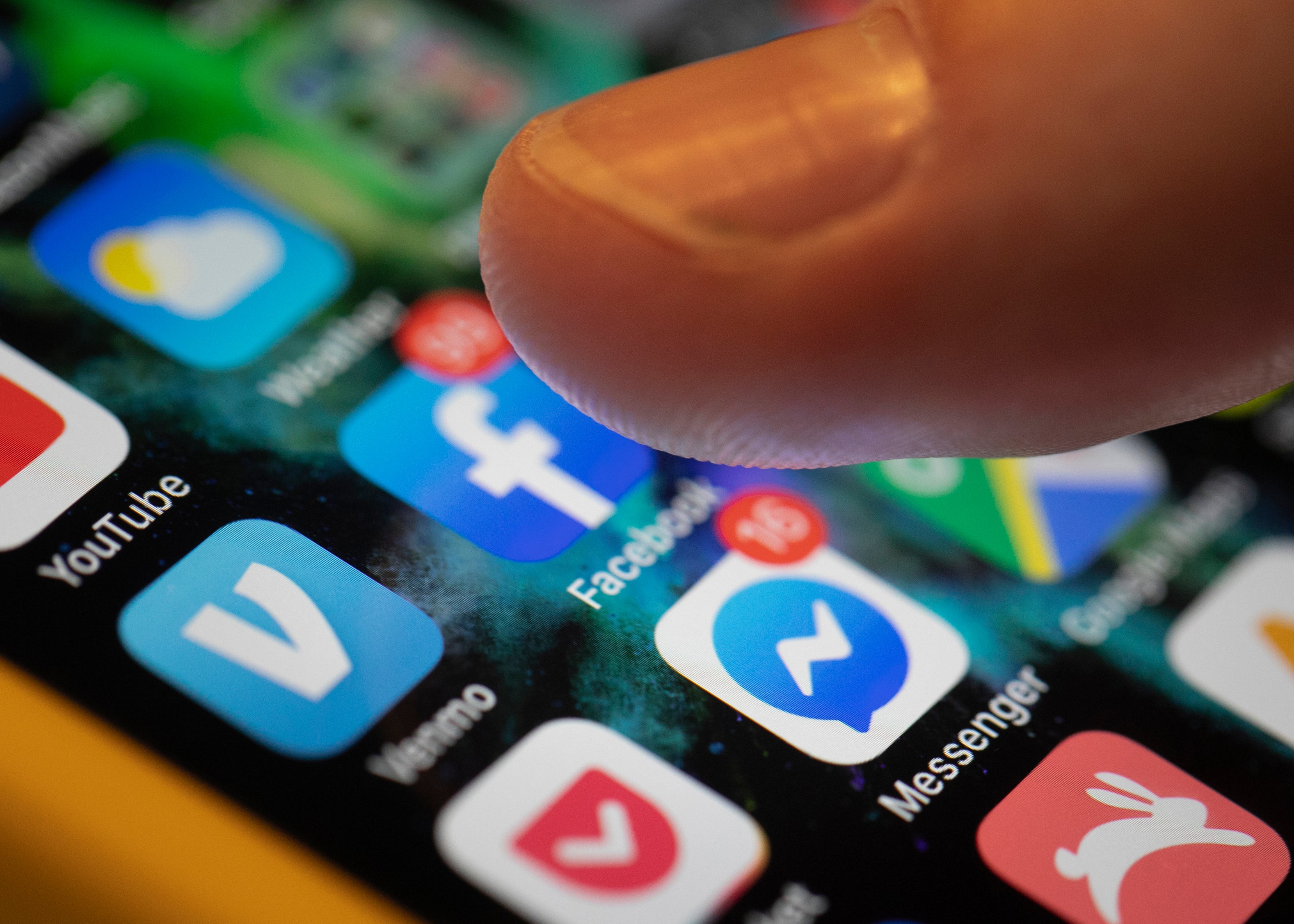Journalists of colour need greater protection from horrendous abuse
Journalists and female politicians are targets of online hate speech every 30 seconds, according to the largest study of female harassment in 2017 – this is especially true for Black women


“Shall I forward this email or not?” I kept thinking to myself as I read and re-read the emails from a troll incessant on emailing me abuse every few weeks. Of the three people I included in the email asking for help, only one replied: one of my managers, with the words, “you can block them yourself”.
Not a word of solidarity, commiserations, or further guidance and reassurance. By that point, at the newsrooms I worked in, abuse was par for the course – during this time, I spent considerable amounts of time emailing and on the phone to the Met Police reporting multiple death and rape threats sent to me for one particularly “controversial” article.
Looking back at the number of hateful and dangerous comments that I and another colleague of colour received, I realise how unnatural and unacceptable that was – and is. As journalists of colour, we’re so accustomed to being told to “f*** off home”, that we’re “ugly”, “unloved”, “race baiters” and other racial slurs, that it doesn’t phase us at all – we’re forced to develop thick skins. But why is the onus on us to ignore, report, and get on with it?
Journalists and female politicians are targets of online hate speech every 30 seconds, according to the largest study of female harassment in 2017. This is especially true for Black women (Diane Abbott received more abuse than any other woman), who are twice as likely to be targeted than white women. Yet, despite the research and the material evidence that we are indeed targeted more than others, few places provide any extra provisions to protect us from harm – beyond turning off comments on particularly sensitive articles.
Trolls are determined people – if they can’t access you via one medium, they will persist. One person seemed to have made a new Facebook page just to taunt me. Abusers will find you on your socials – even the private ones, or older articles and tweets – and in some cases they find your family members or employer to encourage them to dismiss you. Sometimes they find and share your address online.
Some organisations seem poorly equipped to deal with their reporters receiving a wealth of abuse. Impersonal HR emails telling us that there are telephone counselling options available – which I received once at a media outlet – don’t seem like an adequate response to being told you and your family “should be gassed to death”.
Granted, some editors – usually the immediate line manager – try their best to support their staff, and in my case, a managing editor did make the initial call to the police to report some of the threats – but what happened after? There were no check-ins, follow-ups or informal chats to make sure my colleague and I were doing okay, that our mental health wasn’t suffering, because of course it was.
Journalists of colour receive the short end of the straw in all ways – we end up writing about race because it’s the only topic we’re considered experts on (and, let’s not pretend some publications don’t use it to improve their optics – “Oh look we have a Black contributing writer, how diverse”). But we end up getting the most abuse for these pieces. If we want work, we need to excavate our trauma and then we get lambasted for it. There’s also a subtle expectation that we should be grateful for even getting work in the second most exclusive industry (medicine is first).
So what do we want? I can’t speak for other female journalists of colour, but from my experience of being abused like clockwork, I would say everyone involved in an organisation needs to act more sensitively. Monitor comments, block and report trolls, check in on staff – perhaps they need a mental health day. Some publications are great and offer one a month. If you’re expecting reporters to do extra race-related work, compensate them.
This applies to commissioning editors too: don’t expect people to write their traumas for a mere £60 or similar. As publications, stop perpetuating culture wars, and publishing harmful stories that only embolden people’s extreme beliefs.
The more abuse journalists of colour get, the more likely we are to be driven out, and the more homogenous our press becomes, the more dangerous it is – because how can we represent the interests of the people if we are not reflective of them? It really is in everyone’s interests to nurture writers of colour.

Join our commenting forum
Join thought-provoking conversations, follow other Independent readers and see their replies